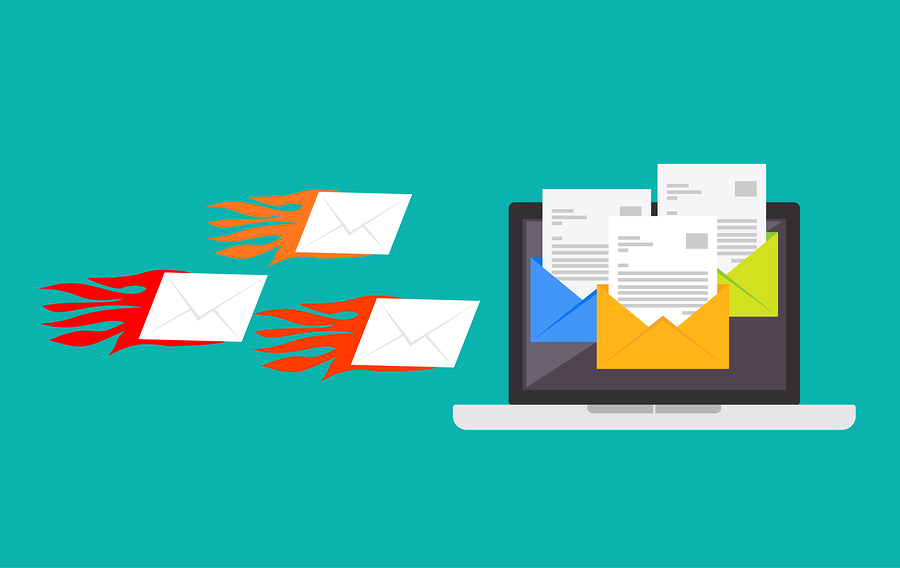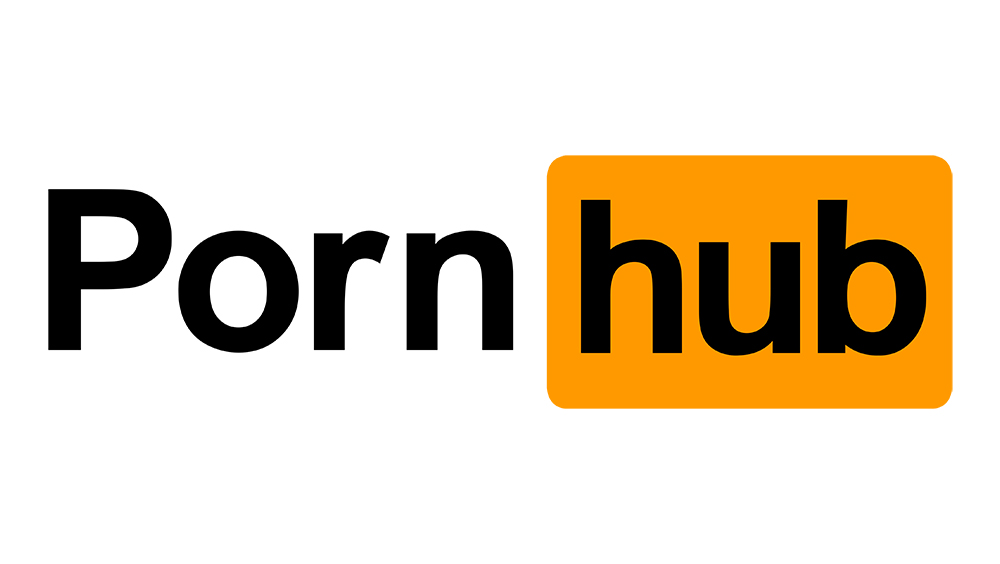Phishing, spam and porn are the biggest threats to your smartphone
Prominent names such as PayPal and Angry Birds are being used to trick users into installing malware, research has found.

Sign up today and you will receive a free copy of our Future Focus 2025 report - the leading guidance on AI, cybersecurity and other IT challenges as per 700+ senior executives
You are now subscribed
Your newsletter sign-up was successful
"Globally, it's the simple phishing techniques that are most likely to succeed," said Chris Pace, director of product and solutions marketing at Blue Coat Systems.
"Shortened URLs are common and a smartphone or tablet user may be less prepared for dealing with these kinds of links on a shiny new mobile device than they were with their trusty laptop," he continued.
The report notes that in order to understand the risks of mobile malware, one must look at the behavioural patterns of people that use mobile devices.
The average amount of time that a person spends browsing the mobile web is 72 minutes a day (independent of the time spent on native applications). Within that time, about 11 minutes are used for content related to computers/internet.
Furthermore, one hour is used for content consumption ranging from social networking, shopping, business/economy and entertainment.
Among the many causes of mobile malware, pornography poses the biggest risk for mobile users.
"More than 20 percent of the time that a user went to a malicious site, they were coming from a pornography site," the report read.
Sign up today and you will receive a free copy of our Future Focus 2025 report - the leading guidance on AI, cybersecurity and other IT challenges as per 700+ senior executives
Pornography was also the leading source of malware for desktops when it was introduced to the internet. Now, search engine poisoning (SEP) has taken its spot as the leading cause of desktop malware.
The report noted that it is reasonable to expect the future of mobile malware to follow in the path of desktops, targeting larger platforms as they become easier to infiltrate.
A few prevention methods for mobile malware that the reports suggests are:
- Block all content to mobile and desktop devices from dangerous categories, including pornography, phishing and spam.
- Block executable content from un- rated domains and categories that typical host malware, such as Dynamic DNS hosts.
The report also advises businesses to enforce policies on web applications (desktops browsing), mobile web applications (mobile browsing) and native mobile applications that are running on its network, especially for businesses moving towards BYOD initiatives.
-
 Anthropic promises ‘Opus-level’ reasoning with new Claude Sonnet 4.6 model
Anthropic promises ‘Opus-level’ reasoning with new Claude Sonnet 4.6 modelNews The latest addition to the Claude family is explicitly intended to power AI agents, with pricing and capabilities designed to attract enterprise attention
-
 Researchers call on password managers to beef up defenses
Researchers call on password managers to beef up defensesNews Analysts at ETH Zurich called for cryptographic standard improvements after a host of password managers were found lacking
-
 Malicious WordPress plugin installed backdoor on thousands of websites
Malicious WordPress plugin installed backdoor on thousands of websitesNews Widget plugin spewed spam to unsuspecting victims
-
 711 million data records revealed in spambot dump
711 million data records revealed in spambot dumpNews The data contains email addresses, passwords and server information too
-
 YouPorn and Pornhub activate HTTPS encryption
YouPorn and Pornhub activate HTTPS encryptionNews Smut sites switch on super-secure encryption to stop state snoopers
-
 Security experts uncover Tinder porn site spam scheme
Security experts uncover Tinder porn site spam schemeNews Chatbots use verification offers to lure in victims
-
 Spammers selling fake tickets for Rio Olympics 2016
Spammers selling fake tickets for Rio Olympics 2016News Fraudsters have created fake ticketing websites to trick users
-
 PPI companies punished for sending spam texts
PPI companies punished for sending spam textsNews One company was fined £80,000 for sending 1.3 million texts to unsuspecting victims
-
 Malware spotted lurking on YouPorn and Pornhub
Malware spotted lurking on YouPorn and PornhubNews Malvertising campaign had 800 million potential victims before being removed
-
 Uh-oh - millions of hook-up customers have their details exposed
Uh-oh - millions of hook-up customers have their details exposedNews But AdultFriendFinder still isn't telling new customers it's been hacked